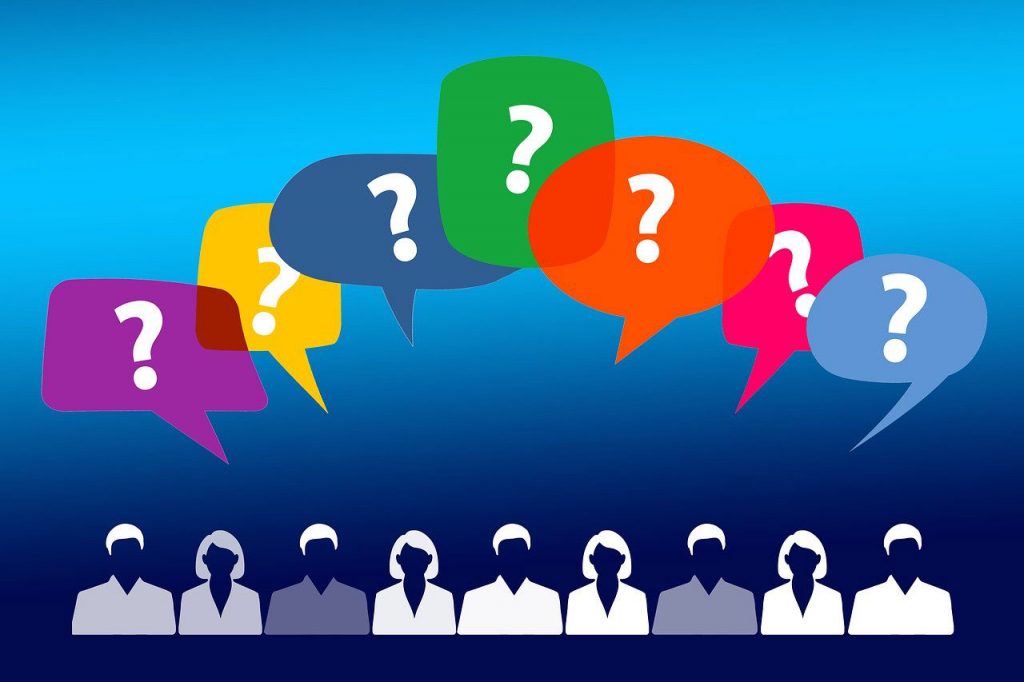
If your nanny is working for you and is not sick, should you terminate them and have them collect unemployment? Here’s everything you need to consider.
There are several reasons why your nanny may not be working for you during the Covid-19 pandemic.
Among them:
- Your nanny has contracted or is showing symptoms of the virus and is staying home
- Someone in your home has contracted or is showing symptoms of the virus and you’ve asked your nanny to stay home
- You’re practicing social distancing and told your nanny to stay home
- You’re under a shelter-in-place order
It’s unclear how long quarantining, social distancing, and shelter-in-place orders may last. If they’re not working for you and are not sick, should you terminate your nanny and have them collect unemployment?
Unemployment benefits only provide partial income replacement. They won’t receive their full pay. Any severance pay you provide will also reduce their benefits.
If it’s not a financial hardship, continuing to pay your nanny as normal may be a better alternative. This would be especially helpful for a nanny who may not be able to find other employment to replace the loss in income during this challenging time. Even as they face other struggles, at least they know they have a steady paycheck.
However, if you get to the point where you can’t afford to pay your nanny, then terminating them and having them collect unemployment could be an option. At least you’ve delayed the start of unemployment, hopefully shortened the time they need to receive benefits, and reduced your future unemployment costs.
Update: With the passage of the Families First Coronavirus Response Act, it may make sense to continue paying your nanny through April 2. After that date, they may be eligible for employer-mandated paid sick and family leave. The amounts you pay your nanny in paid leave can be deducted, dollar-for-dollar, from your payroll taxes. Learn more about the law’s tax credits.
Update #2: Expanded Unemployment Benefits Available to Nannies and other Household Employees
Also, read A Complete Guide to Unemployment Benefits under the CARES Act.
Filing for unemployment
If your nanny does file for unemployment, here is some advice on how to navigate filing for benefits.
Eligibility for benefits depends on your state’s law. States may exercise flexibility such as amending the law to increase the availability of benefits if a worker is directed to be quarantined and other scenarios.
Unemployment benefits are not intended to be used as paid sick leave. Someone who is receiving paid sick or family leave would not be eligible for unemployment benefits as they are still considered to be receiving pay.
While federal law also requires that those claiming unemployment benefits are able to work, available for work, and actively seeking work, states may relax these requirements during the current health crisis.
And now a word of caution for families paying their nanny “off the books.” When your nanny files for benefits, they will provide your name and information as their last employer. If you haven’t been contributing to unemployment taxes, you can expect a call from your state and may face significant fines and penalties.
Job protection measures
New York is one state where job protection measures have gone into effect.
You may be required to:
- provide job protection to your employees for the duration of a quarantine order
- guarantee employee access to any paid sick or family leave and disability benefits
- provide wage replacement for salaries up to $150,000.
Check your state’s labor agency website to determine if you need to follow any job protection measures.
Financial assistance through paid leave and disability programs
If your nanny is not working for you and is sick, they can use their paid sick leave provided in their nanny contract and perhaps even take advantage of government assistance like the recently passed Families First Coronavirus Response Act.
In certain states (California, Hawaii, New Jersey, New York, and Rhode Island), your nanny may be eligible for benefits under state-administered disability insurance programs. They provide partial income replacement while your nanny is out of work.
As of right now, 14 states have passed mandatory paid sick leave and two states (Colorado and New York) have passed statewide COVID-19 relief that includes paid leave.
Some cities also have mandated paid sick leave, which may provide paid time off for an employee who has contracted COVID-19. Check your state and city labor agency websites for information on paid sick leave. Our household employment wage laws by state web page provides links to your state’s labor agency.
Again, you need to be paying your nanny legally for them to take advantage of paid sick leave or disability insurance programs.
You may even consider continuing to pay your nanny even after they’ve exhausted their paid leave or instead of having them use it.
Talk to your nanny
Before you decide on a course of action, discuss options with your nanny. Listen to their input and make a plan that you both feel comfortable about.
Your nanny may be able to continue working for you if you’re considered an essential employee (doctor, nurse, first responder, etc.) and rely on your nanny for childcare so you can go to work.
GTM can help
If you have any household employment questions during the COVID-19 pandemic, don’t hesitate to contact us at (800) 929-9213. We’ll be happy to help.
Need more personalized assistance? Our HR Concierge Service can help you handle any HR issues, comply with labor laws, and create peace of mind in your home. Call (800) 929-9213 to learn more or get started.
For GTM clients, we want to reassure you that your payroll will continue to process as normal, and your employee(s) will continue to receive their pay. You can continue to reach us by phone, email, and live chat.






 Get your free:
Get your free: